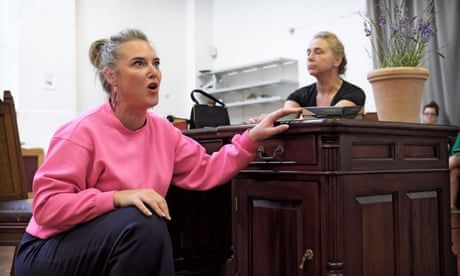
Puccini set his one-act opera in the 17th century, but its tragic story has had many painfully real counterparts all too recently, says ENO’s Annilese Miskimmon
Great operas have the ability to thrive through constant reinvention. The masterpieces of the canon transcend the specifics of their original settings as new generations of directors, performers and musicians reimagine them for their audiences.
Directors can be motivated to update an opera from an original setting to something more contemporary out of a desire to find a world more comprehensible and vivid for today’s audiences. Or, a piece that caused a scandal when first performed may now be so well loved that only a revolutionary modern presentation can remind us of its original power to shock. Being able to transmit the world of an opera from a composer’s initial vision into a future they couldn’t even begin to imagine allows us to remember that many were the Young Turks of their day. Some would surely be surprised – and perhaps either delighted or horrified – to find out that they have become a part of an artistic establishment that in their time they were seeking to disrupt or overturn.
Continue reading...